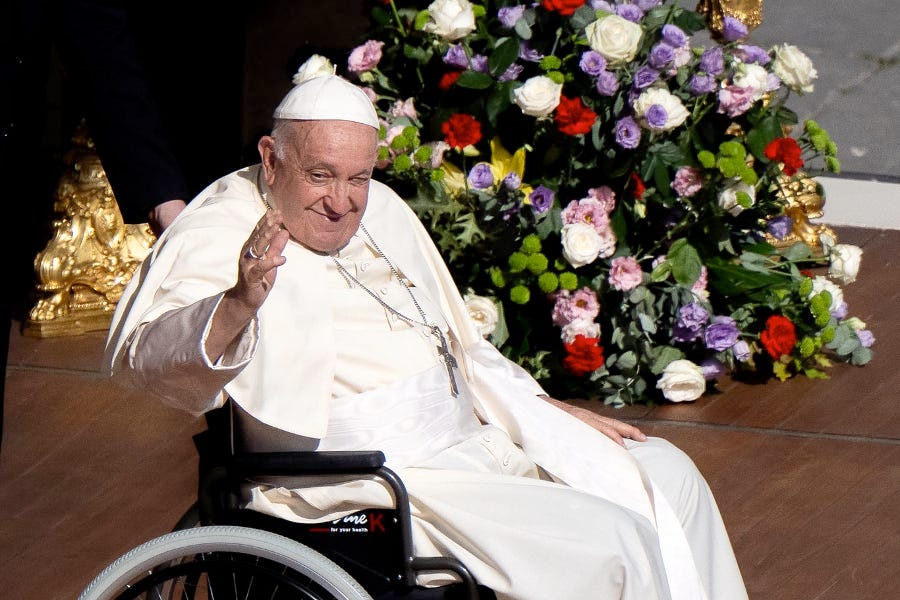What should Pope Francis have said?
Beyond offensive words, how could Pope Francis make his case against a clerical subculture?
Pope Francis is back in the headlines Wednesday, after reportedly using an offensive Italian term for homosexuality for the second time in recent weeks.

According to multiple reports, the pope used the word frociaggine, of…
